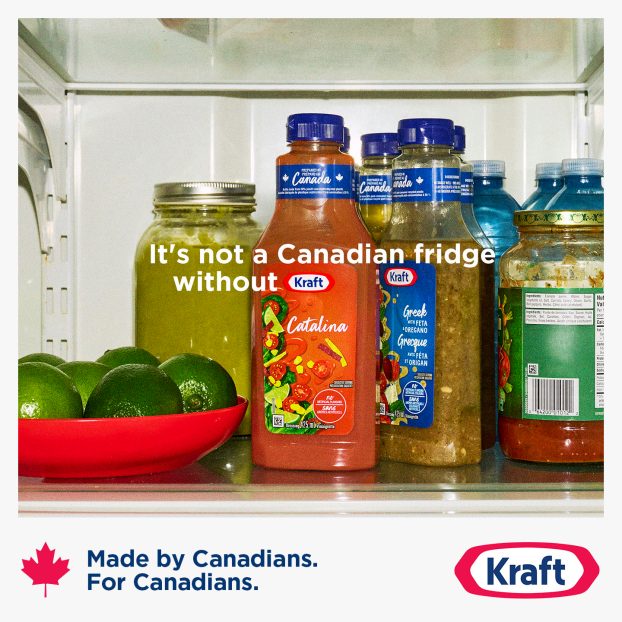The following column, which appears each issue, looks at new and emerging trends in direct response marketing. Alternating columnists are David Foley, a specialist in database marketing programs, and Fransi Weinstein, an award-winning creative director.
Other than the normal collection of bills, here is my mail today: two different direct marketing efforts, two different questions.
The first, from The GM Card, asks intriguingly, What’s your (credit) card done for you lately? Well, each and every one has sent me a statement.
I believe that the credit card business is tougher than it has been for years, mostly because consumers are more informed about the cost of credit and more aware of their options.
As some evidence, I offer three related facts:
1) In recent years in North America, available credit has far exceeded the demand and, as a result, overall response rates to credit card offers have been in free fall;
2) People know that they have too many cards and are actively consolidating their debt; and
3) For the preceding reasons, cardholders expect something tangible for their business – a rewards program, a very competitive interest rate, a relevant charity overlay or, better still, a combination of all of the above.
Some card issuers have been forced to promote the idea that double-digit interest rates are good, which probably will not fly with sophisticated credit buyers. At least one credit card statement included a note like this: ‘To help ease the financial strain of the past holiday season, we are waiving the minimum payment this month. You can, of course, make a payment if you wish. Interest charges will be calculated as usual on any unpaid balance.’ If I recall correctly, a similar notice appeared in the summer, and, should this trend continue, one day soon, the notice will read, ‘To help ease the financial strain often associated with (insert month here), we are…’
With its mailing, The GM Card takes a different approach. Its clean, simple package comprises just three elements – a 3 by 7-inch plain white envelope, single page letter and enclosure, all wrapped around a ‘thank you’ theme. Clearly, the mailing attempts to create preference, by leveraging its raison d’etre (earn a five per cent rebate on your new GM vehicle purchase). The mailing’s enclosure is a true lagniappe, albeit just slightly overstated: two ‘commemorative passes to the 2000 Canadian International Autoshow’, which is being held in Toronto later this month.
Every element of the mailing is personalized, including the passes and entry stubs for a prize that is being offered daily at the show. It makes me wonder…if I use one or both of the passes to get in to the show and then enter the contest at the GM exhibit – both of which are tracked separately – will I wake up the next day to find my local dealer parked in my driveway?
Personally, I hope that this promotion helps GM sell some cars and keeps GM cardholders swiping. The idea of building relationships with customers is refreshing and, as presented in my previous column, necessary in many business sectors. As those who manage credit card brands know, the greatest competition they face comes from all the other cards in our wallet or purse.
The second question is from Mike, a.k.a. Clearnet. Its direct mail piece asks, ‘You know that sick feeling when you really need to reach somebody and can’t?’ I do! This is a good question that deserves a clear answer. But, what is it?
The brochure proclaims that ‘Mike gets you through – fast.’ But, the supporting body copy offers nothing specific in answer to the above question. It reads, ‘Mike(tm) is more than just a digital PCS phone. With Mike’s unique Direct Connect(tm) feature, things happen fast. You press a button, you get through, immediately. No dialing. No ringing. No phone tag. No voice mail jail. Nothing lets you do business faster.’
The next paragraph headed ‘Mike is a pager’ reads, ‘Mike comes with a built-in, fully-loaded alpha-numeric pager with call return at the touch of a button. It lets you know automatically when you have a message.’ The mailer contains much more copy – but none of it cures you of that sick feeling when you really need to reach someone and can’t.
I thought – hoped, even – that Mike had developed technology that would eliminate busy signals and voice mail. Not today, apparently. Maybe tomorrow!
David Foley is a marketing consultant and an instructor in database marketing at York University in Toronto. He may be reached at (416) 253-1224; by fax at (416) 253-4637 or via e-mail at dfoley@idirect.com



























